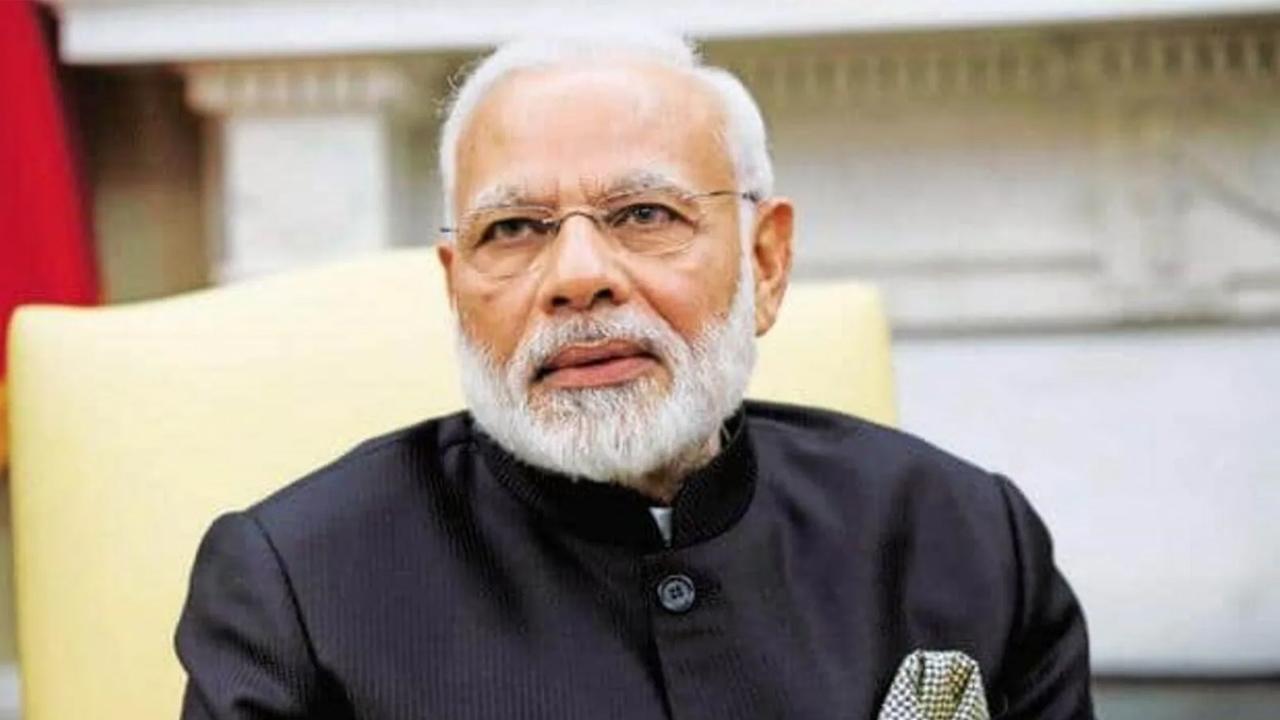
The Indian government under Prime Minister Narendra Modi is planning to introduce a new broadcasting bill that will regulate online content creation. The Broadcasting Services (Regulation) Bill, 2024 aims to categorize social media users who frequently upload videos, produce podcasts, or write about current events as “digital news broadcasters.” This new designation will require them to follow stricter guidelines on what they can publish.
The bill also broadens the definition of “news and current affairs programs” to include written posts, images, and other forms of digital communication. This means that not only traditional audio-visual content but also textual content shared on social media will be subject to regulation.
This move follows the recent Indian elections where independent YouTube news channels offered alternative perspectives to the government-endorsed mainstream media. The new bill raises concerns that it could limit the freedom of these independent voices by imposing new regulations on online news sharing. Content creators will face restrictions on what they can report, potentially stifling free speech and limiting the diversity of opinions available to the public.
OTT platforms like Netflix and Disney+ are also affected by the bill, as they will have to comply with rules similar to those for traditional television. This means they might need to modify or remove content to avoid penalties such as fines or temporary bans. Despite the significant impact on their operations, content creators have not been included in the discussions about the bill, and the draft is not available to the public, leading to widespread criticism.
The potential impact of this bill on content creators and viewers is significant. For creators, the new regulations could curtail their creativity and reduce the variety of content they can produce. For viewers, this might result in fewer choices and more censored content on streaming services. Popular shows and movies might be altered or removed, limiting what audiences can watch.
Many are questioning why the government is not being more transparent and inclusive in the decision-making process. The lack of public access to the draft bill and the exclusion of content creators from discussions are seen as unfair, given that these rules will directly impact their work. Those affected by these changes must voice their concerns and engage in dialogue with the government to protect free speech and the creative freedom of content creators.













